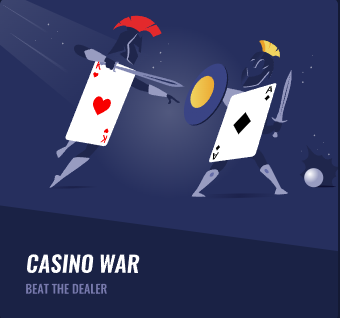Contrarian Betting is a betting strategy wherein an individual places bets contrary to the popular opinion or the majority of bettors. The primary rationale behind this approach is the belief that the market or bookmakers may overreact to certain information, leading to skewed odds. By going against the grain, contrarian bettors aim to capitalize on these mispriced odds and potentially achieve higher returns. This strategy is closely related to the concept of “value betting” and is often used in financial markets as well.
FAQs:
Why might Contrarian Betting be considered a beneficial strategy?
Contrarian Betting can be beneficial because public opinion and emotions can sometimes create odds that don’t truly reflect the actual probability of an outcome. By betting against the majority, contrarian bettors seek to take advantage of these inflated or deflated odds.
Is Contrarian Betting a guaranteed way to make profits?
No, like all betting strategies, Contrarian Betting comes with risks. While it can yield profits, especially in instances where the majority misjudges an outcome, it’s not a surefire way to win. As with all betting methods, it’s essential to research, analyze, and understand the risks involved.
How can bettors identify opportunities for Contrarian Betting?
Opportunities can often be identified by closely monitoring betting trends, understanding where the majority of the public’s money is going, and looking for disparities between those trends and one’s own analysis or trusted expert opinions.
Does Contrarian Betting work in all sports and betting markets?
While the strategy can be applied to any sport or betting market, its effectiveness may vary. It often works best in markets with a lot of public action, where public opinion can significantly influence the odds, such as major football games or high-profile horse races.
How does the concept of “value” relate to Contrarian Betting?
The core principle of Contrarian Betting is to find value, which means betting on odds that you believe are priced better than they should be. By going against the majority’s opinion, contrarian bettors believe they are getting more value for their bets, as the odds might be better than the actual probability of the event occurring.



